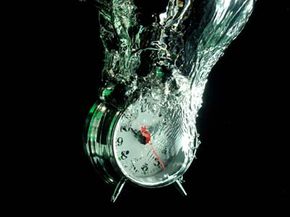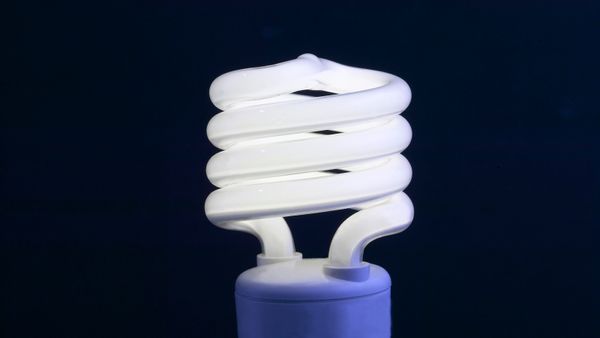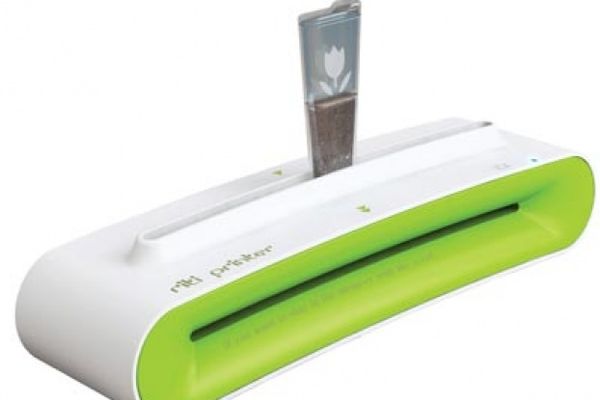We live in a universe of clocks. What is a pocket watch but a mechanism that goes through change at a steady, predictable rate? Other aspects of the universe change as well. Some change at a steady, fixed pace (such as the movement of the planets), while others follow less predictable patterns (such as weather conditions). Even your body is a sort of clock, constantly changing and progressing in a cellular countdown to zero.
Welcome to the world of horology, the science of measuring time. From the outset, a horologist's goal is to find something that changes at a steady, predicable rate and use it as the measuring stick for all other changes. Ignoring your various clocks and electronic gadgets, what do you have in your life that is this predictable? Obviously, you could turn to the solar and lunar cycles, which have aided horologists since prehistoric times. But what good is a sundial without a sunny day?
Advertisement
Think about the plumbing in your home. Has a dripping faucet ever kept you awake at night? Do you know exactly when the toilet tank will finish refilling or how long it takes to fill up the bathtub? There you have it: another very predictable rate of change in the world around you. But could you divide your day into narrow increments based on the drip rate of water?
The technology may not sound as dependable as your cell phone alarm clock, but humans have turned to water-powered clocks for more than three and a half millennia. In this article, we'll discuss how some of these clocks functioned, as well as how water powers a few modern timekeeping gadgets.


